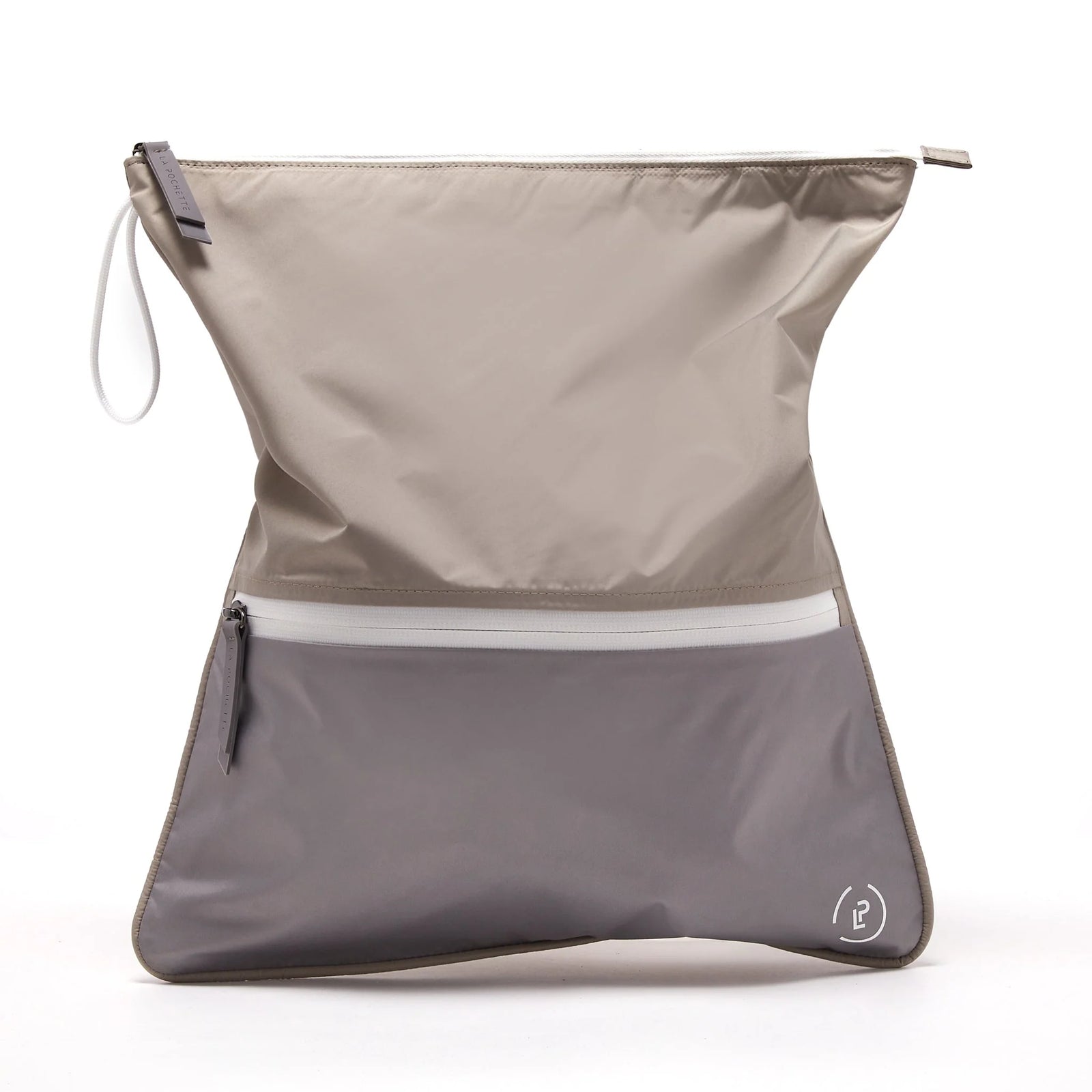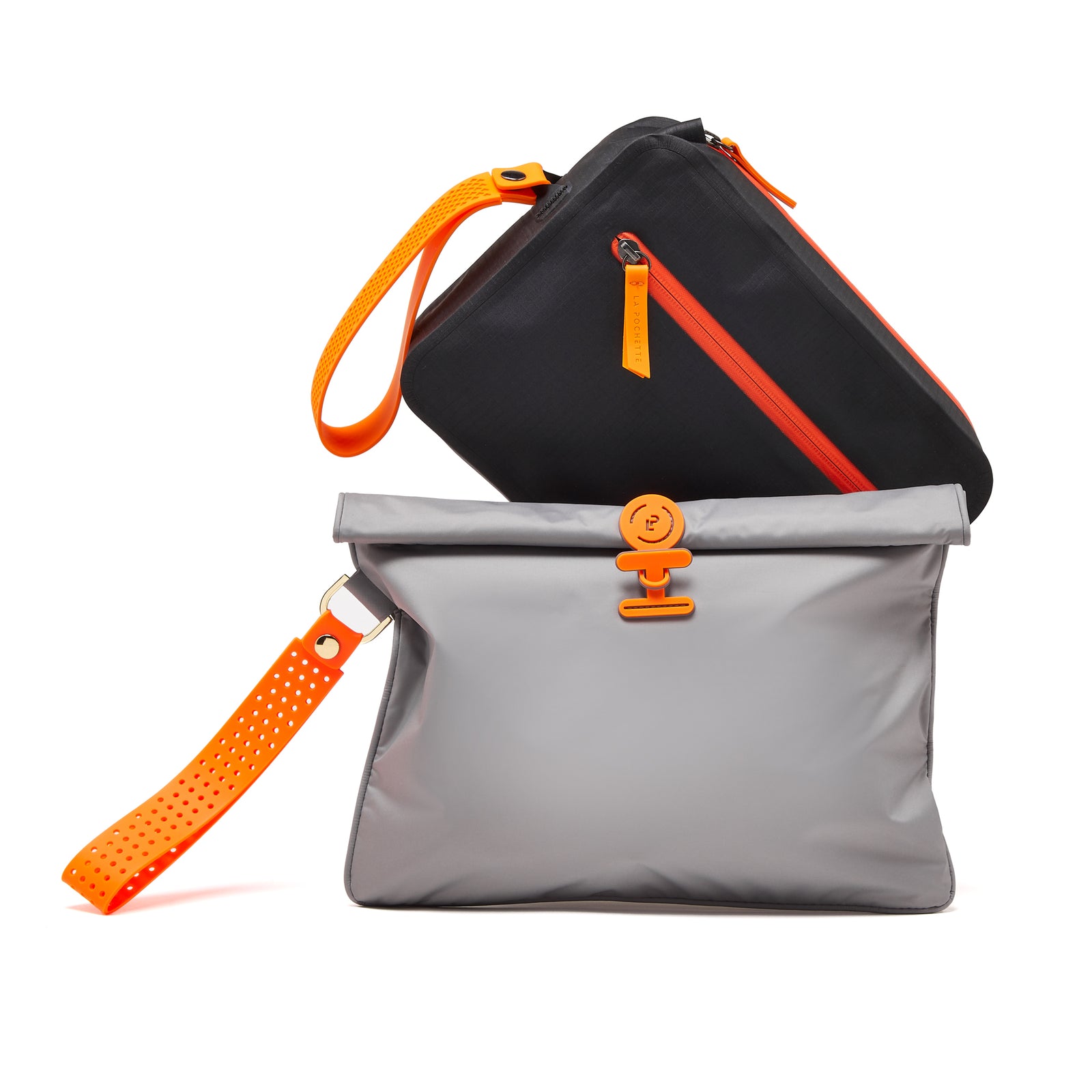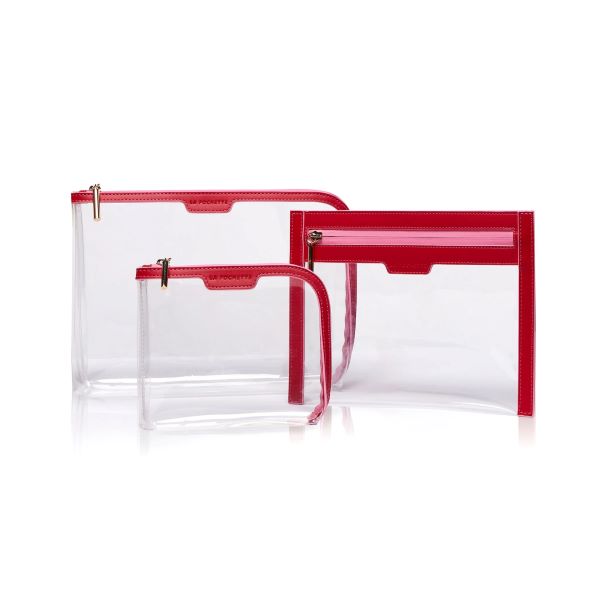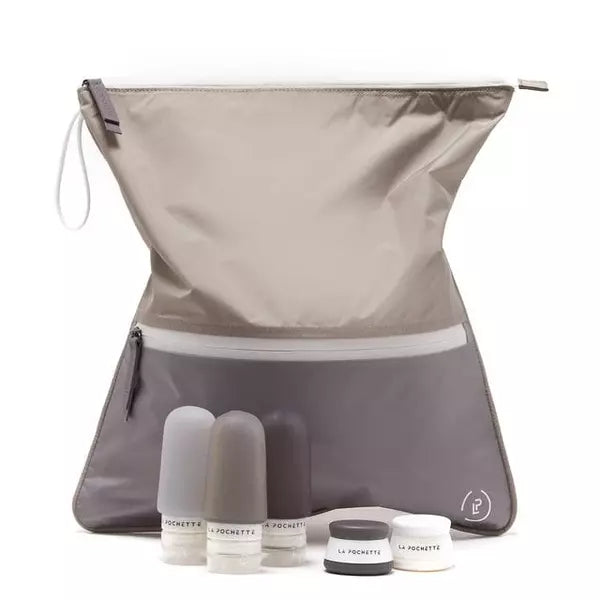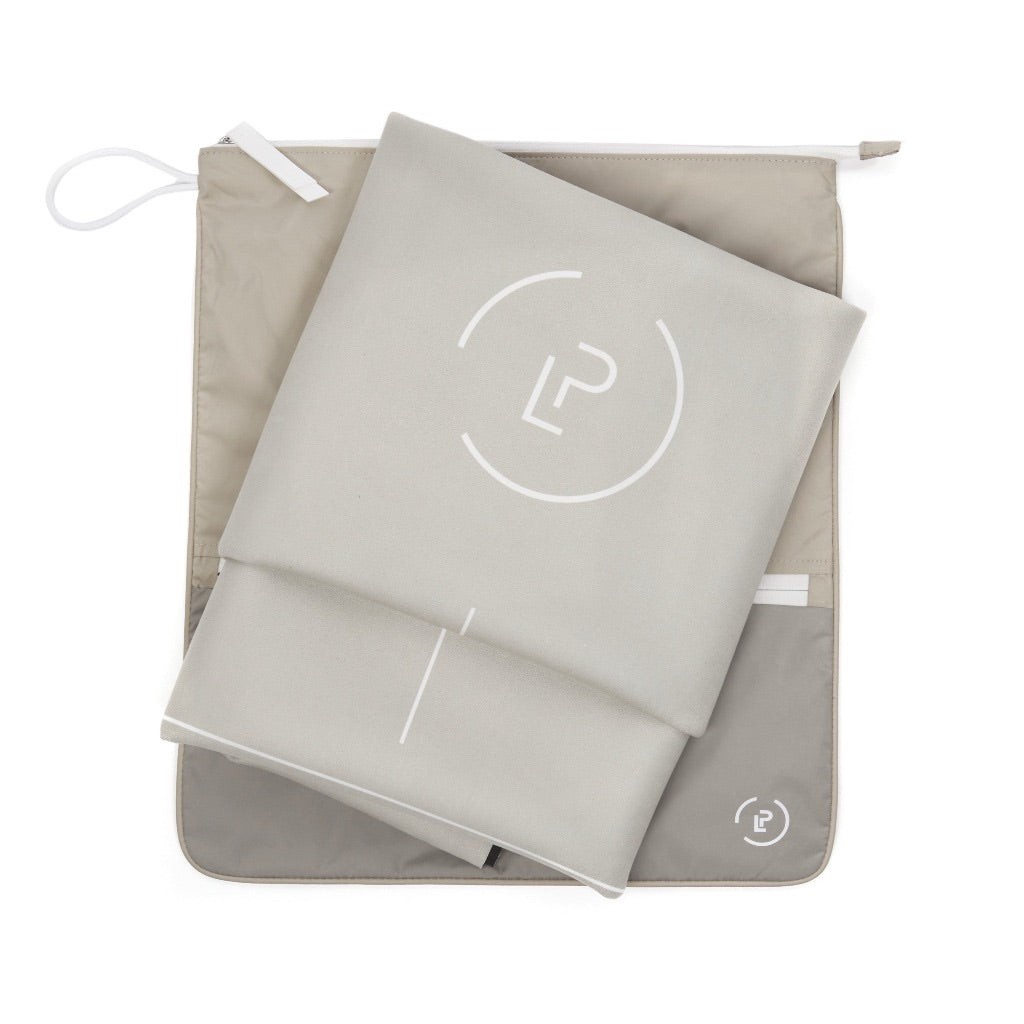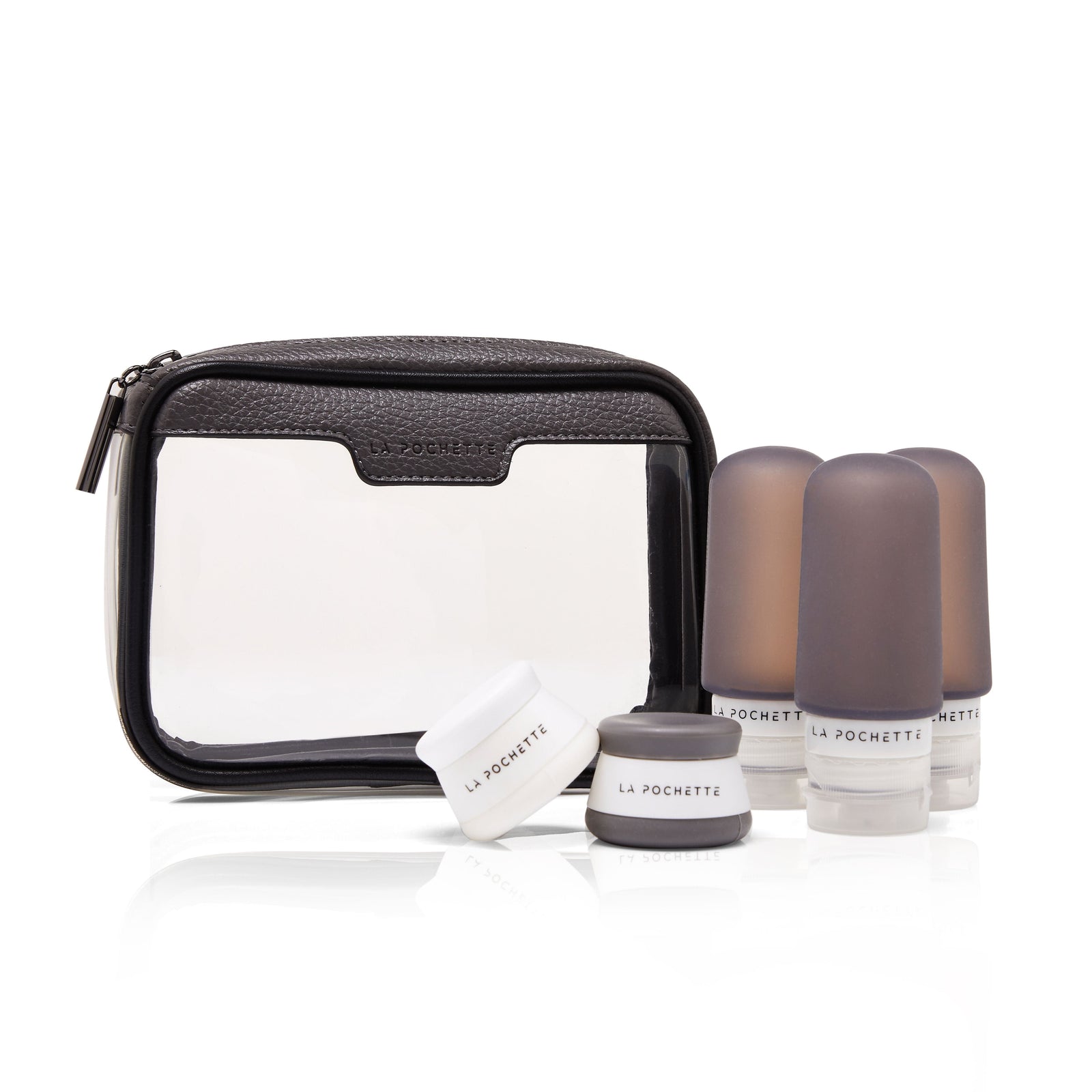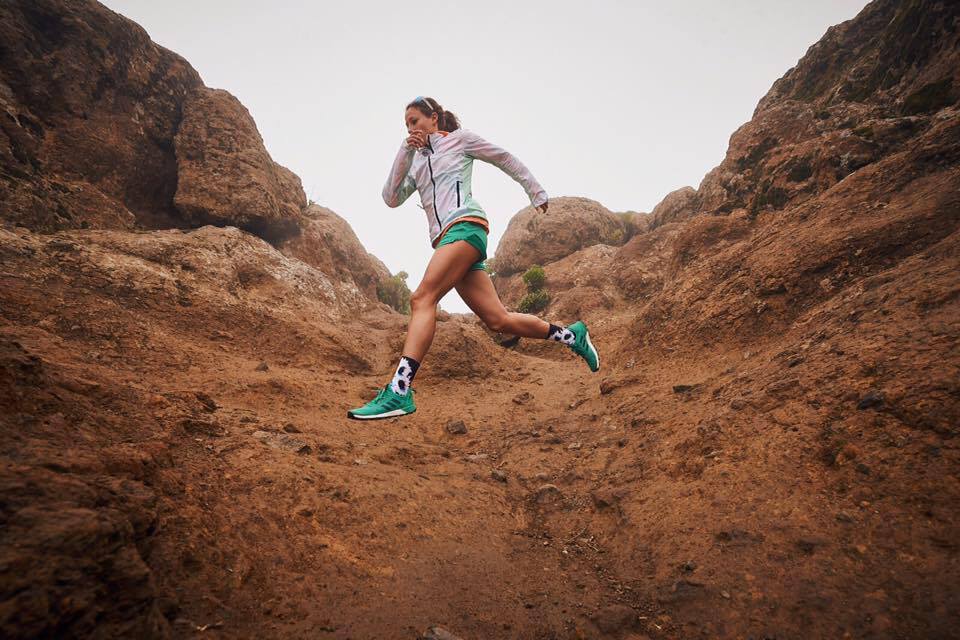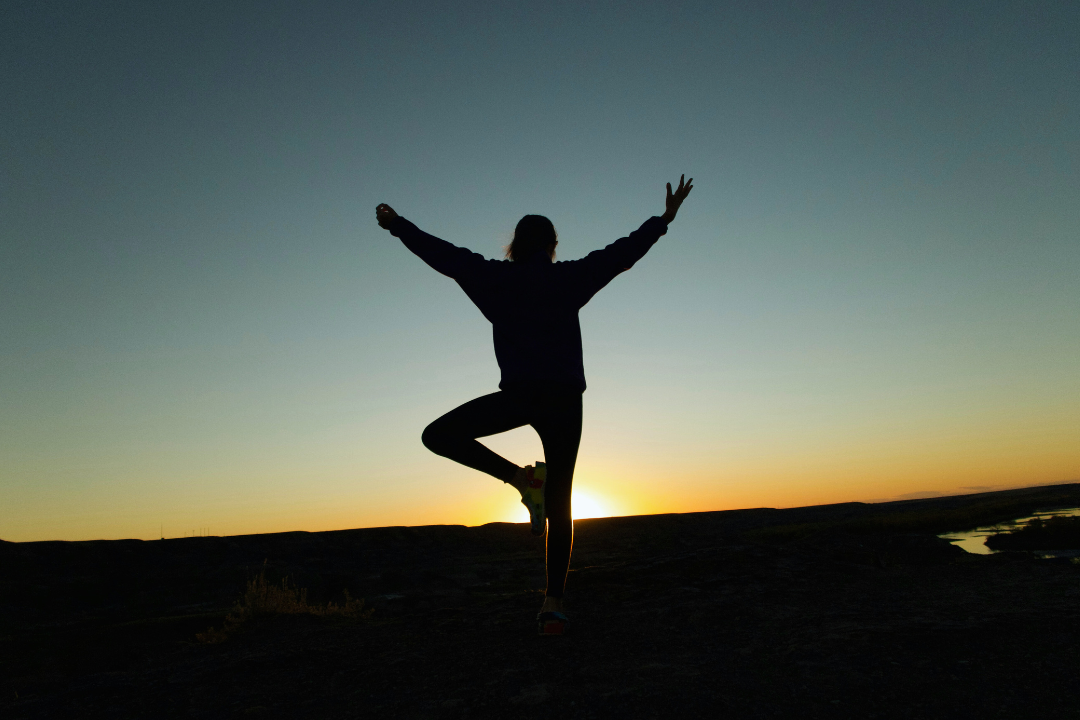Avid ultra runner, qualified triathlon coach and NLP practitioner Claudia Schroegel wants to stir your spirit of adventure – helping you to challenge yourself, your perceptions, your limits.
How did your passion for trail running turn into becoming a coach?
This is an interesting question as one didn’t necessarily lead to the other in my case. I was a triathlon and run coach before I ventured onto serious trails myself. I grew up running trails and playing tennis back in my early childhood years, being outdoors but with a focus on ‘play’, building the foundation for everything I do now. When moving to London 12 years ago, linear road running was a bizarre concept at first but I picked up long distance running as a way to keep fit outside and not get stuck in a gym. One thing eventually led to another, really unlocking my passion for movement once I got myself back on the trails...
So how does coaching come into play here? Taking people out on a trail run for me is more about sharing the experience, moving together and challenging each other in nature. Taking on a big playground with likeminded people, friends or even those new to running. Something that feels more natural and takes on its own dynamic, working together with the group of people based on their abilities or goals. One size doesn’t fit all but we have a lot more freedom to mix different abilities on the trail. It’s not about who can get from A to B the fastest, it’s more about how can we make this a great day out together, working at different speeds with a mix of terrain.
Slower on the up, faster on the down. Run, hike, walk. Stop and appreciate our surroundings. Of course there is an element of guidance and leadership, planning and coaching. But not in a super strict 'coach vs athlete' set up. What I love about trail running – and bringing trail running to a wider audience – is that we can focus more on the journey and away from performance pressure, something you find a lot more in road running or traditional sports coaching. Here the running and moving on your own two feet is about exploration. Discovering fitness, strength, awe and wonder – in a playful manner. You get fit without noticing sometimes, or work hard but enjoy it a lot more. You can fully immerse yourself in the action, the moment, the terrain. A sense of freedom we seek away from our otherwise very structured and fast paced (digital) lives. We go analogue and offline on trails and bring our attention back to basics: move and wonder. Run yourself happy. Feel great.
In a wider sense coaching for me is simply an act of facilitation: creating a space of exploration and enabling people to push themselves, train, progress, achieve and grow as individuals but also as a group or community. Sharing the love for the outdoors is of course rooted in passion: drive, motivation, power and engagement. If you are truly passionate about something, you will live and breathe it, you radiate it. I think this is why many join us on this journey, they feel inspired by the way we talk and share and enable participation. Walking the talk. Without judging. We celebrate everyone’s milestones, we make running and trails accessible. It’s not a scary process, it’s really just putting one foot in front of the other.
Coaching just adds value through expertise, planning, technique work and individual feedback. Enjoyment is a very essential part for me. Most of us come to the sport as a hobby or outlet meant to balance stressful lives. We don’t need to add more pressure but almost want to find ways to cure it. There we really bridge the gap between passion for the sport and enabling others to have a great time participating.
Is there a common fear among the people you train about what they cannot achieve?
There certainly is. The biggest fear is built around the lack of awareness and knowledge of the sport in terms of what it is, what it looks like, what skills it involves, kit, and ultimately a lack of access points. Where do you start? We tend to go online to find out more but get bombarded with a huge amount of everything: do this, do that, you need this, you can’t go without that and being exposed to a particular picture drawn on social media about performance and level of skill or expertise, required to do this 'running thing'.
Most lack the confidence to give it a try, believing it is mountaineering and running skilfully on very steep or technical terrain, scary fast paces, trying to match top performers. Camping even... how to make fire! It all has its place of course. So once you find ways to break this confusion down and open up communication you'll have a great number of people you can transition from road to trail or build from the ground up. Grassroots engagement and offering easy access, helps unlock these fears.
Raising female participation is another interesting level to explore. In our community we have a slight lean towards women, perhaps a 60/40 split, which shows accessibility, inclusiveness and empowerment in an otherwise still very male dominated area. It reflects the power of community and equality: we don’t judge based on gender or skill, we empower the person and focus on individuality. Trail running really is for everyone, the beginner, the recreational runner, the explorer, the mountain goat, the performer, the short or long distance runner, the hiker, the outdoor enthusiast. The young gun or your parents. You can achieve anything you set your mind to, we’ve heard it many times before. Running is a great space to really understand this. Training and practice will make you stronger and fitter, if you find ways to go at your own pace that suits your needs.
We support our groups and runners to build strong and healthy mind sets as well, there really are no needs, musts, dos. We’re trying to focus more on empowerment and challenging the status quo: ‘What do you want to do? What sets your heart on fire? What gets you excited and out of the door? What can we do as coaches or as a community to help you achieve your dreams?’. Running as a vehicle for personal development. Running is our social glue.
It’s easier to unlock performance, purpose, happiness or fulfilment (whatever those words mean to the individual) amongst a diverse group. Everyone learns from everyone’s experience which is generously shared but that tone is set of course by us, the leaders or coaches. It all starts with passion and vision. Then creating that dream space or platform for community.
How do you motivate your runners on a tough week?
Through personal interaction, listening, and asking better questions: Why do you run? And why do you really run? Through fun events and sessions. Through sharing good quality content covering training, life, mind-set and skill development. Online and offline. This way we can help them to look at the bigger picture and reflect on their individual journey. Running and run coaching is strategy, it can be very prescribed and methodological. It’s not rocket science. I like to say: ‘The running is easy. It’s one foot in front of the other. Everything else you do mostly isn’t that simple.’
It becomes a really interesting space once you coach the person and not just the ‘runner’ or ‘athlete’. We all have tough weeks but we’ve reached a strange time in our lives where it’s possible to curate life, states and performances to bend reality – a show reel of only the good stuff, the successes, the bold moves. Everyone seems to have it down all the time, break personal bests every race, training and life is like a walk in the park, and so on. We know this
isn’t true – everyone goes through tough times, very challenging times. Many deal with traumas, loss, guilt, performance pressure, depression. This is where we want to catch people: feel safe, feel inspired, be able to open up and talk about the things that make you uncomfortable. Find at least one other person who says: ‘Me too’. We talk a lot about running, but really it’s all a lot more about life and how to bring all these facets together.
Patience when the world is spinning and overcoming FOMO is one of the toughest traits to develop. Staying on your own path, not getting side lined by all the distractions. We often suggest to take a day off running and rest. We all know very well how to push ourselves and adopt a ‘can do’ attitude. We now need to advance it and access ways to stop, rest, slow down, recover and be ok with not moving anywhere fast for a moment. To really be ok. Running is not going anywhere. It’s there any time, any day.
How would you advise a road runner to get into trail running?
If you are coming from a road running and performance background the first thing I’d suggest is: leave your watch at home and just run easy. Develop a sense for adventure. Explore your local parks and woodlands, off the beaten track, or in this case of course: off road. If you want to give it a go by yourself first, the easiest way to transition is to run on the dirt tracks or grass in your local park, discovering off road without going into very long or technical runs just yet. Getting used to different terrain, literally finding your feet.
Then join a group, run community or friends and just enjoy being on the move outside. Let them show you great new places to run without needing to worry about routes, getting lost, getting back home or feeling anxious about running on your own out there. Bit by bit you build more confidence and strength, you learn to control your footing on more challenging terrain like mud, single tracks in forests, on rocks and so on. You might even start to fall in love with running hills.
What is the hardest race you’ve ever entered and why?
Good question. There were quite a few which were hard or challenging in their own rights for different reasons. Obviously the very steep, technical and long ones would be right up there, I’ve done the likes of TDS and UTMB, circumnavigating Mont Blanc (106 miles), taking in high mountain passes. And the Transalpine Run, a multi-day stage race running across the Alps as a team of two from Germany, through Austria, Switzerland into Italy (275km, 16000m vertical).
Mountain races and 100milers would definitely be up there, extreme weather races like running in the desert or Antarctica – I haven’t done either of those kind of extremes yet! Even shorter races can really push your limits. Terrain and weather are elements you learn to respect a lot. You’re literally running into trouble and trying to find your way back to safety.
Why do you enter tough races?
You have to keep your ego in check and train really hard and specifically. An extra challenge when your day to day training ground is a city. The bigger the goal, the more focussed you have to be. The more patient you have to be with yourself and your progress. There are a lot of unknown elements, many you can’t control but need to find a way to deal with them. I’m drawn towards the idea of testing myself, not just physically but also mentally and emotionally, overcoming my own barriers. Sitting with discomfort and learning to work this space. Spending a long time on my feet, pushing myself physically, opens up a whole new way of thinking. It’s raw, it’s deep and brutally honest. You still have to keep your head in the game and make sensible decisions when sleep deprivation hits and sends you into hallucinations. Those things I do for fun are a great training ground for life. As entrepreneur and creator you face many challenges. I feel better prepared to take on my day to day – drawing inspiration, perseverance and patience from my adventures. I know how to respond in times of demand, under pressure or when fatigued. I make mistakes aplenty and go little detours via setbacks but I try to get better at it every day.
There’s a lot of planning and strategic thinking involved in big races and adventures. You have to operate self-sufficiently. Can you make it back, do you have enough food and water with you, do you know the route and potential exit options? Are you prepared to face the elements? It dips into an area of survival ‘training’. Good quality kit, practice and a strong mind-set are useful, of course. There really are no limits in trail running: you can start relatively easy and safe with a short local trail race, even some Parkruns are run on dirt tracks and off road terrain. You can push it all the way to 100 or 200miles in one go, may that be flat or around the highest peaks like Mont Blanc. Stage races offer big challenges in bite sizes, in their own way very, very tough. Or trekking tours along the Grande Randonnée, long hiking routes in France, Spain, Portugal. Many try to have a go at FKTs (Fastest Known Time) for a section anywhere in the world, unsupported. You create your own adventure when you’ve outgrown the commercial side of the sport. The desire for adventure turned into extremes. Where can you go on your own two feet? How far or high can you push it? It’s a journey and a process, very much how we would go through life. It’s exciting.
Follow Claudia Schroegel @claudi8s and join in the adventure at @wearedaybreak
Ultra runner and qualified triathlon coach, Claudi is a leader in London run communities and co-founder of We Are Daybreak alongside her partner Matt. With a Master in NLP she combines her passions linking endurance sports coaching and mindfulness. She brings a love of the mountains, a creative eye, a desire to coach and vast experience to the communities, projects and brands she collaborates with. Former captain, now coach for adidas Runners London, she strives to help people become better runners. Other than this, she has a normal job like everyone else: mostly desk bound 9 to 5. The running keeps her balanced and her creativity flowing. Claudi has competed in several trail races from UTMB to setting course records on UK soil, as well as races on road including Boston, Berlin and London marathons. She has worked with brands like adidas, adidas TERREX, Strava, TRIBE, Leki, Stance, Wiggle and Virgin Start Ups.
Read On:
Rise of the Run Crew - lapochette.co
Lacing Up During Lockdown - lapochette.co
Ed Conway... here to get you FIT-AS-F-CK - lapochette.co
